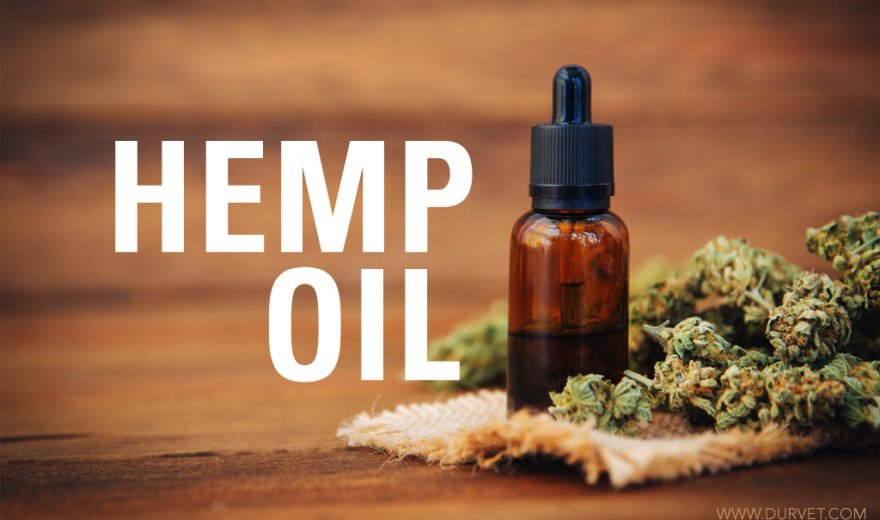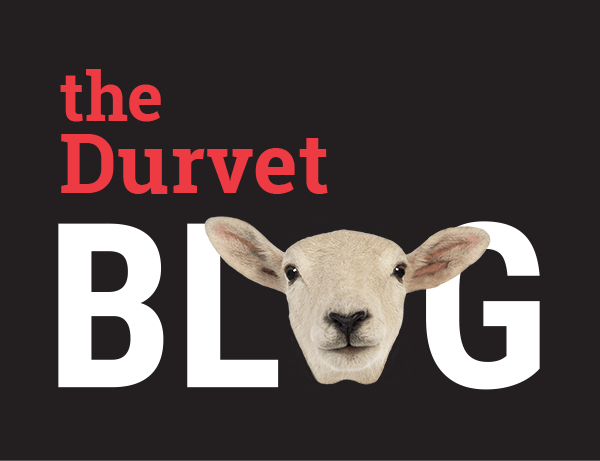
Retail sales of hemp products for humans in the U.S. were nearly $700 million in 2016, and have grown at 10 to 20 percent annually since 2011. “So it is no secret why key supporters in Congress have pushed the legalization of U.S. hemp production,” says Clara Fenger, DVM, principal of Equine Internal Medicine Consulting, Lexington, Kentucky. “Most of the growth has been in edibles, such as hemp hearts. Hemp is a high-quality protein, containing all of the essential amino acids for humans and animals. As with many superfoods, when humans begin to see the benefit of a new product, it is not long thereafter that they begin to find ways to introduce it to their pets. Passage of the new 2018 Farm Bill should decrease costly government barriers to hemp production, facilitating its adoption into animal supplement products.”
Before going any further, however, two distinctions must be made. First, the hemp sales Dr. Fenger refers to do not include medical and legalized recreational marijuana. Secondly, although hemp and marijuana are identical species there are big differences – which is why ProfitBuilder asked her to elaborate on the potential of hemp products and supplements for animals. In particular dogs.
Dr. Fenger has been providing AniMed with technical support in the development of its supplement products and product formulations since 1999. Dr. Fenger has designed and implemented studies evaluating safety and efficacy of new animal products for FDA approval, solving the life cycle of Equine Protozoal Myeloencephalitis (EPM) and has published in scientific journals on subjects from exercise physiology to the benefits of animal supplements.
HEMP’S OPPORTUNITY
By Clara Fenger, DVM, Ph.D., DACVIM
With the passing of the 2018 Farm Bill by the U.S. Congress, hemp production as an agricultural commodity is now legal. Hemp had been approved for limited pilot programs in the 2014 Farm Bill and several hemp products have gradually hit the market. Hemp has been used for centuries, with its tough outer stalk serving as the basis for fiber and cloth production; its seeds are used for seed oil production, similar to other seed oils, like corn, soy, and flaxseed. Production of hemp lends itself readily to organic agriculture, because, unlike its infamous cousin, marijuana, it grows tall, in a dense thicket that effectively chokes out competing weeds.
IDENTICAL BUT DIFFERENT
Why has hemp been subjected to the same restrictions as its nefarious relative marijuana? Because the actual species are identical. Cannabis sativa includes both marijuana and industrial hemp. The seeds are indistinguishable, making the control of the illegal variety difficult. The difference between them is based on selective breeding. Hemp is the same plant species as marijuana, but its composition is quite different. While marijuana typically contains 5-20 percent tetrahydrocannabinol (THC), hemp contains less than 0.3 percent THC, a level too low to create a “high.” Its illegal cousin has been selectively bred over years to create a potent psychoactive effect, causing the plant to produce more THC than the other beneficial compounds in hemp. Industrial hemp contains the benefits of the entire spectrum of cannabinoid compounds, which include cannabidiols, as well as omega 3 fatty acids, conferring a “superfood” status to this emerging agricultural crop.
BENEFITS OF CBD
Studies commissioned in recent years have focused on cannabidiol (CBD) benefits. CBD has been shown to have anti-inflammatory, anti-anxiety and anti-seizure activity. There are over 400 distinct chemical entities in the hemp plant. Unlike marijuana, however, which has been selectively bred for high THC content, hemp naturally contains only an insignificant amount.
While hemp contains considerably more cannabidiol than THC, the true benefit of full spectrum hemp oil is not simply its CBD content, but the presence of a milieu of different substances, some cannabinoids and other substances such as terpenes and flavonoids. Terpenes present in hemp include myrcene, a-Pinene, Linalool, Beta-caryophyllene, and limonene. The predominant terpene in hemp is Myrcene and is responsible for the earthy scent of hemp. These components of full-spectrum hemp oil work together to provide natural benefits countering inflammation, anxiety, and discomfort.
DOGS MAKE GOOD PATIENTS
Dogs are considerably more sensitive to THC than humans, but even dog owners need not be concerned about the THC content of full spectrum hemp oil. By law, industrial hemp cannot contain more than 0.3 percent THC, but most full spectrum hemp oils contain less than 0.001 percent THC, a level well below that which presents a danger to dogs.
OUTLOOK
Now that it is legal, full spectrum hemp oil will be introduced to the marketplace sooner than later. Major supplement manufacturers are likely to be touting its advantages and benefits at the onset of the New Year. The American Veterinary Medical Association, reportedly, is poised to endorse full spectrum hemp oil now that the Farm Bill has passed. As for AniMed, the company is ready to roll out a line of more than 10 hemp-based products now that lawmakers have enacted the new Farm Bill. While these products are considered expensive and high end, they are expected to be greeted enthusiastically by consumers who value their efficacy and organic make up. Pet owners will also appreciate a shelf life of more than twice that of most other similar products.

 BACK TO MAIN BLOG
BACK TO MAIN BLOG 
Comment